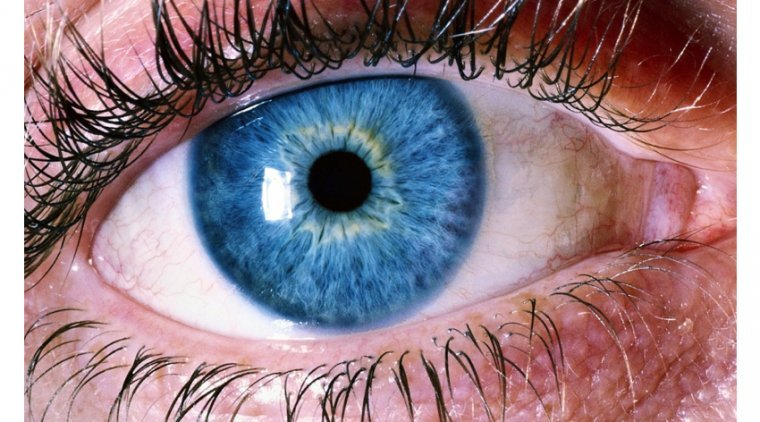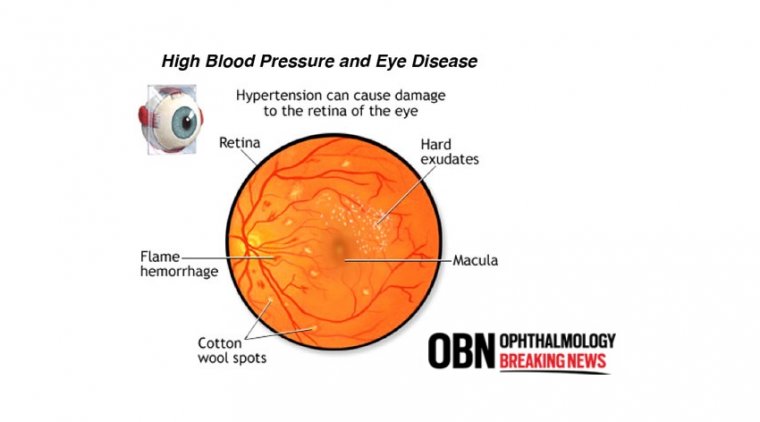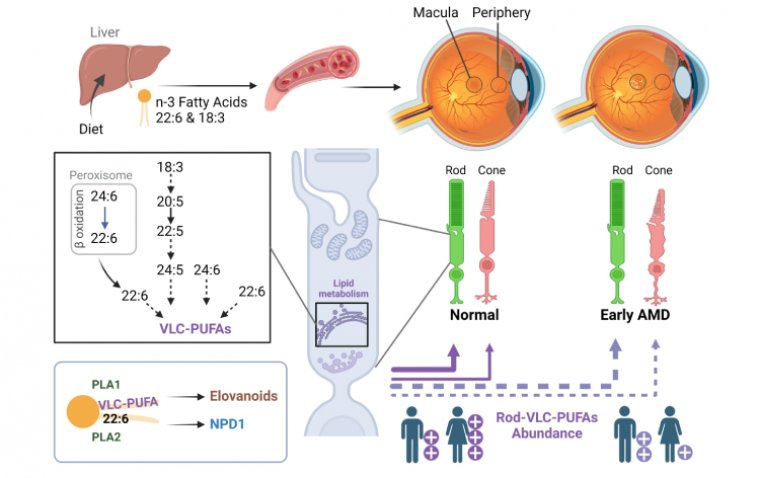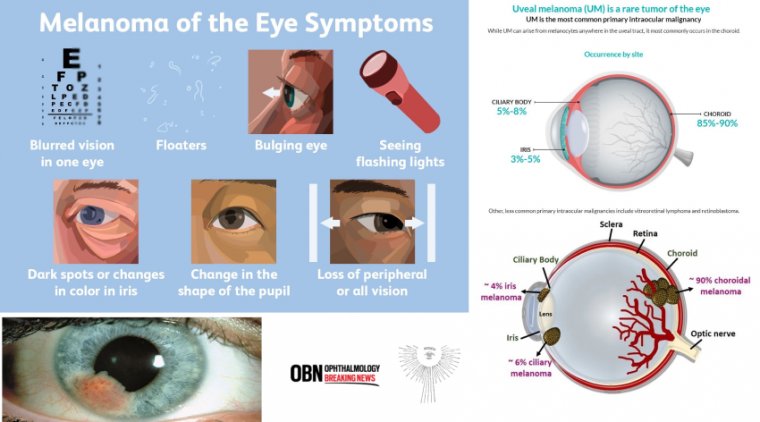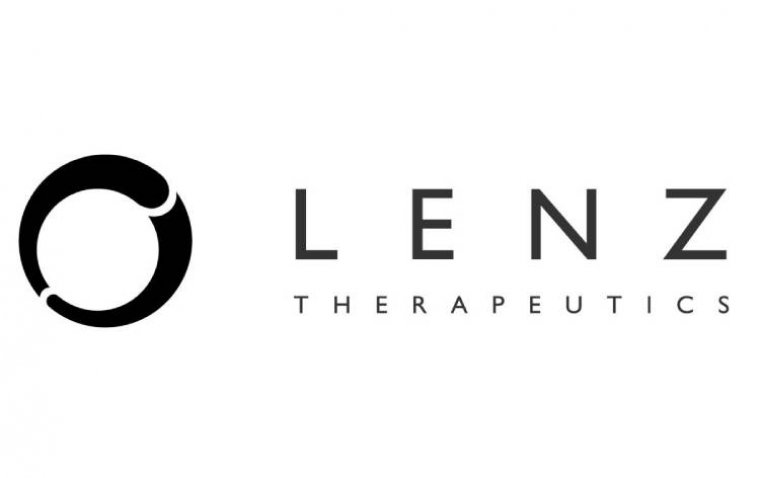
Lenz Therapeutics Announces Success in CLARITY Phase 3 Study for Presbyopia Treatment
Lenz Therapeutics announced positive topline results from its Phase 3 CLARITY study, evaluating two investigational formulations, LNZ100 and LNZ101, aimed at treating presbyopia. The study's findings showcase the effectiveness and safety of these formulations, particularly highlighting LNZ100 (1.75% aceclidine) for its significant achievement in primary and key secondary endpoints.
Significant Findings from CLARITY 1 and 2
In the safety and efficacy trials, CLARITY 1 and 2, LNZ100 demonstrated a statistically significant improvement, with participants achieving a 3-lines or greater enhancement in best corrected distance visual acuity (BCDVA) at near, without a corresponding loss of 1-line or more in distance visual acuity. The vehicle-controlled CLARITY 2 trial underscored the rapid onset, primary endpoint achievement, and long duration of the treatment's effects:
● Rapid Onset: 71% of participants saw a 3-lines or greater improvement at 30 minutes.
● Primary Endpoint: A consistent 71% achieved a 3-lines or greater improvement at 3 hours.
● Long Duration: 40% maintained a 3-lines or greater improvement at 10 hours.
The reproducibility and consistency of near vision improvement across both CLARITY 1 and 2 during the 4-week study periods were notable.
LNZ100’s Tolerability and Future Plans
Lenz Therapeutics highlighted LNZ100's excellent tolerance in over 30,000 treatment days across the three CLARITY trials, with no serious treatment-related adverse events reported. LNZ101, while also achieving primary and secondary endpoints in the trials, did not demonstrate superiority to LNZ100. Consequently, LNZ100 has been selected as the lead product candidate, with plans for a New Drug Application (NDA) submission in mid-2024.
Eef Schimmelpennink, President and CEO of Lenz Therapeutics, expressed enthusiasm for the trial outcomes, "We are very pleased with the outcome of the CLARITY trials, and most importantly the strong efficacy and safety profile of LNZ100 observed in patients with presbyopia." He thanked the investigators, clinical sites, and participants for their contribution and highlighted the potential of LNZ100 as a leading therapy for presbyopia treatment. Schimmelpennink anticipates focusing on NDA submission and preparations for commercialization in the latter half of 2025, pending FDA approval.
Overview of CLARITY Phase 3 Study and its Impact
The CLARITY Phase 3 study is a comprehensive evaluation of LNZ100 and LNZ101 for presbyopia treatment, including two 6-week efficacy trials and a 6-month safety trial, with a total enrollment of 1,059 participants. The trials aimed to demonstrate a significant improvement in BCDVA at near without compromising distance vision.
The study's results indicate a promising future for LNZ100 in the treatment of presbyopia, with significant improvements noted in rapid onset, efficacy, and duration, coupled with a strong safety profile and high patient satisfaction rates. These findings suggest LNZ100's potential to significantly impact the lives of the estimated 128 million Americans experiencing symptoms of presbyopia.
About Presbyopia
Presbyopia is a common, age-related vision condition that affects the eye's ability to focus on close objects, leading to a noticeable decline in near vision. Typically emerging in individuals in their mid-40s to early 50s, presbyopia occurs when the crystalline lens inside the eye loses its flexibility, making it difficult to adjust to different distances. This loss of accommodation results in challenges with reading small print, threading a needle, or performing any task that requires seeing up close, often necessitating the use of reading glasses or multifocal lenses for correction. Unlike other refractive errors such as myopia or hyperopia, presbyopia is an inevitable part of the aging process, affecting virtually everyone to some degree as they age.
(1).jpg)



